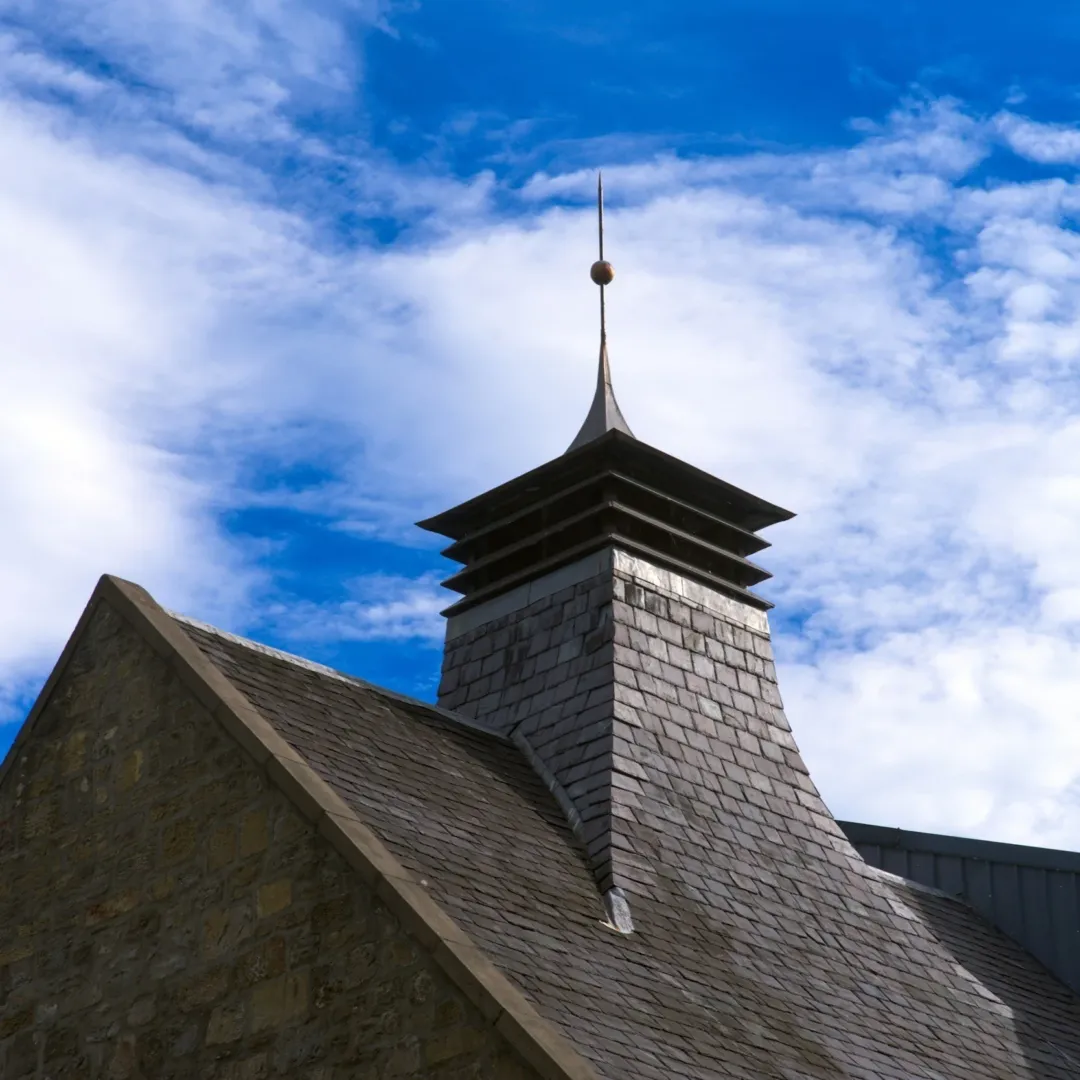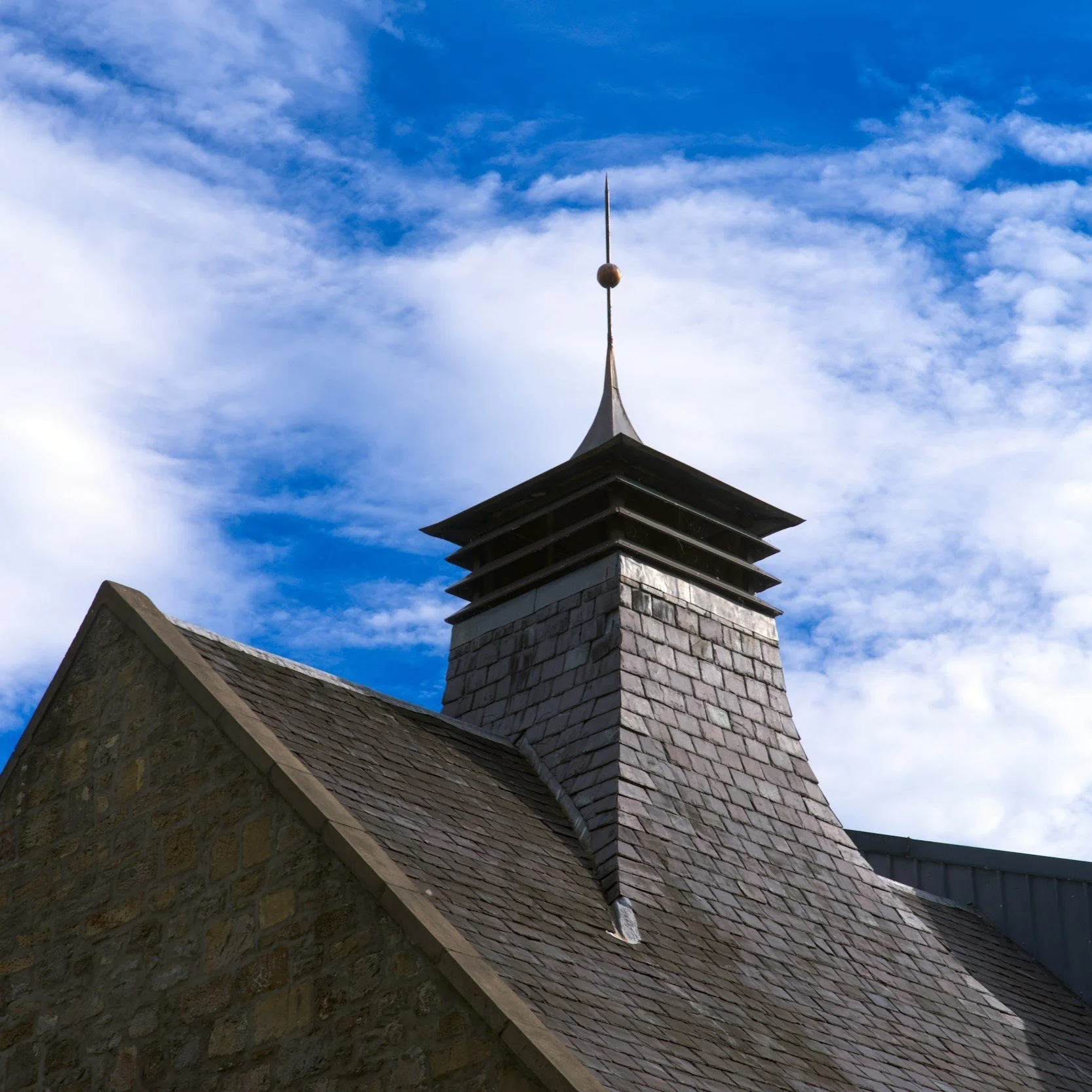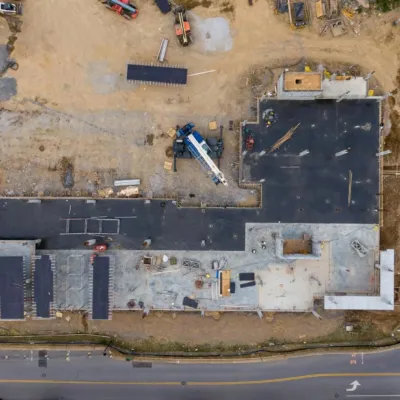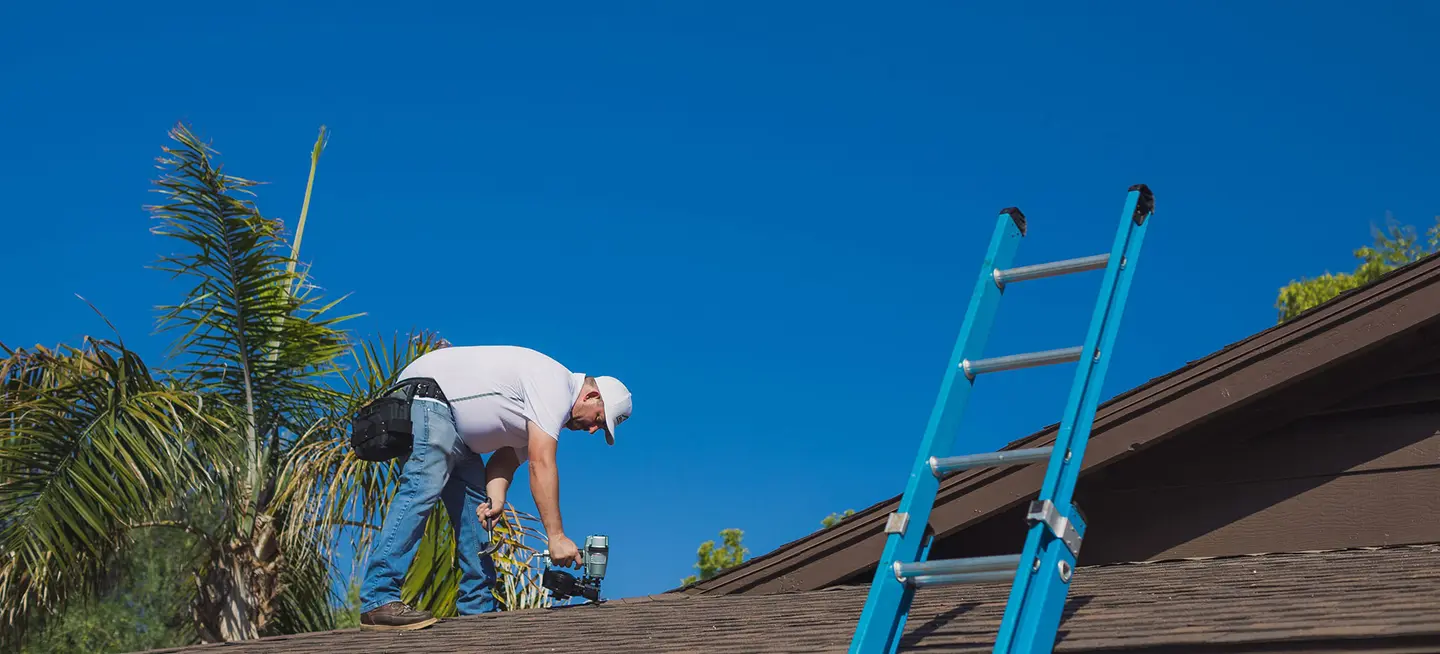
Reasons TPO Roofing is a Popular Choice for Commercial Buildings
Professional commercial roofing contractors recognize numerous advantages that make TPO an excellent option for modern construction and renovation projects.


Roofing professionals emphasize the importance of understanding how these materials fare in different climates to make a knowledgeable choice that will provide long-lasting protection and value for a home.
Climate plays a significant role when selecting a suitable roofing material for a home. Two popular options that homeowners often consider are shingle and tile roofing. Each material has advantages and disadvantages, particularly regarding performance in various weather conditions. Roofing professionals emphasize the importance of understanding how these materials fare in different climates to make a knowledgeable choice that will provide long-lasting protection and value for a home.
Shingle roofing is one of North America’s most common roofing materials, especially asphalt shingles. It’s known for its affordability, ease of installation, and versatility in color and style options. Shingles are typically made from fiberglass or organic materials coated with asphalt and ceramic granules, which protect against UV rays and weather elements.
Tile roofing, on the other hand, has been used for centuries and is known for its durability and aesthetic appeal. Tiles can be made from various materials, including clay, concrete, and slate. They are heavier than shingles and often require additional structural support, but they can last significantly longer when properly maintained.
Both shingle and tile roofing have merits in hot climates. Asphalt shingles, especially lighter-colored options, can reflect some of the sun’s heat, helping to keep homes cooler. However, prolonged exposure to intense heat and UV rays can cause shingles to disintegrate more quickly, shortening their lifespan.
Tile roofing excels in hot climates due to its natural thermal properties. The shape and material of tiles create air pockets that provide natural insulation, helping to keep homes cooler. Clay and concrete tiles are particularly effective in reflecting sunlight and heat, potentially reducing cooling costs. Roofing professionals often recommend tile roofing for areas with consistently high temperatures and intense sun exposure.
Shingle roofing is a popular choice in colder regions due to its affordability and ease of repair. When properly installed, modern asphalt shingles are designed to withstand freezing temperatures and provide adequate protection against snow and ice. However, extreme temperature fluctuations can cause shingles to crack or become brittle over time.
Tile roofing, particularly concrete and slate tiles, can perform well in cold climates. These materials are greatly durable and can easily withstand freeze-thaw cycles.
When properly installed and maintained, shingle and tile roofing can be practical in areas with high rainfall and humidity. Asphalt shingles are designed to shed water efficiently, but they can be prone to algae growth in humid conditions, affecting their appearance and longevity.
Tile roofing generally performs exceptionally well in rainy climates. The overlapping nature of tiles creates a natural water-shedding system, and many tile roofs are designed with drainage channels to effectively direct water away from the roof. Clay and concrete tiles are also immune to rot and fungal growth, making them suitable for humid environments. However, accurate installation and maintenance are crucial to prevent water infiltration at the seams and joints.
Both shingle and tile roofing can be engineered to provide adequate protection for areas prone to high winds or hurricanes. High-quality asphalt shingles with proper installation techniques can withstand significant wind speeds. Some premium shingle products are rated for winds of 130 mph or more.
Tile roofing, particularly when properly installed, can offer excellent wind resistance. The weight of tiles helps them stay in place during high winds, and interlocking tile systems provide additional stability. However, individual tiles can be more susceptible to damage from flying debris during severe storms.
In terms of energy efficiency, tile roofing generally has an advantage over traditional asphalt shingles. The thermal mass of tiles helps regulate indoor temperatures, potentially reducing heating and cooling costs. Some tile roofing systems also incorporate ventilation features to improve energy efficiency.
While standard asphalt shingles may not offer the same level of energy efficiency as tiles, advances in shingle technology have led to the development of “cool roof” shingles. These products are designed to reflect more sunlight and absorb less heat, improving energy efficiency in warmer climates.
When considering the cost of roofing materials, asphalt shingles are typically less expensive upfront than tile roofing. However, tile roofs generally have a longer lifespan. While a well-maintained asphalt shingle roof may last 20-30 years, tile roofs can often last 50 years or more with proper care.
The initial investment in tile roofing can be offset by its longevity and potential energy savings over time. Additionally, tile roofs may increase a home’s resale value due to their durability and aesthetic appeal.
Roofing professionals emphasize that the choice between shingle and tile roofing should be based on a combination of factors, including local climate, budget, aesthetic preferences, and long-term value. While climate plays a significant role in the decision, other considerations such as local building codes, architectural style, and structural capacity of the home should also be taken into account.
When properly selected, installed, and maintained, shingle and tile roofing can adequately protect homes in various climates. Consulting with experienced roofing professionals can help homeowners navigate the options and choose the best roofing solution for their specific needs and local weather conditions.
Irish Roofing Company provides Scottsdale with residential tile roof installation and replacement, shingle roof installation and replacement, metal roof installation and replacement, roof repair, roofing maintenance, and roof inspection services. Count on our uniformed, knowledgeable, and experienced roofers for high-quality roofing solutions.

Professional commercial roofing contractors recognize numerous advantages that make TPO an excellent option for modern construction and renovation projects.

Commercial roofing experts utilize specialized formulations designed for maximum durability in demanding conditions.

Composed of specialized materials designed to protect and enhance roofing systems, these coatings create a seamless, protective layer across roofing surfaces.

We offer solutions for every roof and budget. Call today for a quote. Whether it’s a roof installation, roof repair, or roof maintenance, our team is ready to help.